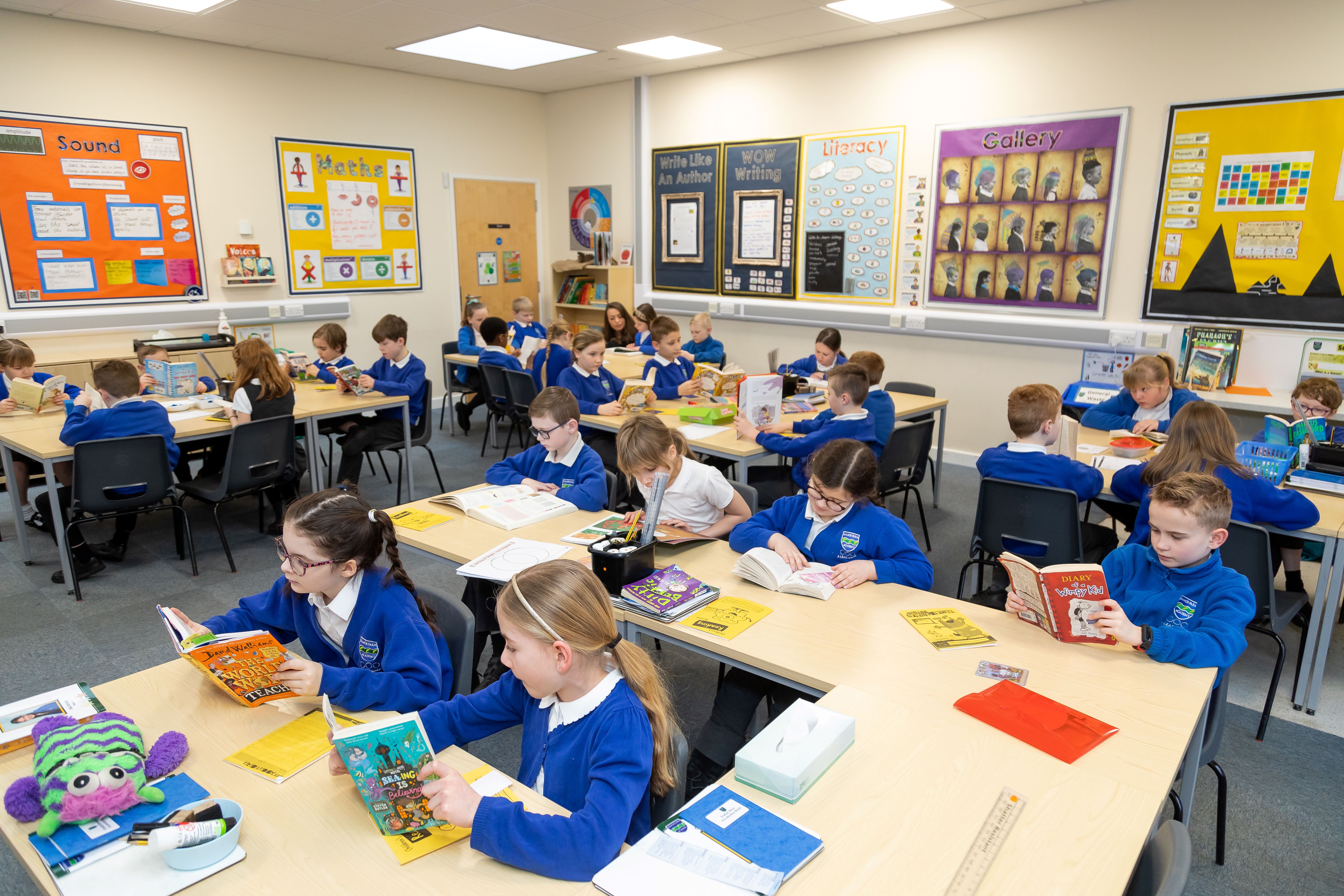
At Manor Farm Academy, we are dedicated to inspiring every child to reach their full academic potential. We set high expectations and create opportunities for success. Our goal is to develop confident and fluent mathematicians who can clearly articulate their understanding using precise mathematical vocabulary, and who can problem-solve and reason across various contexts. To achieve this, we deliver high-quality, well-sequenced lessons that consistently revisit and build upon prior knowledge, effectively preparing children for the next stage of their education. We deliver a curriculum that promotes enthusiasm and enjoyment for learning through exciting and interactive teaching and learning opportunities.
At Manor Farm Academy our Maths learning equips children to solve problems by applying prior knowledge and develop their logical thinking, reasoning, and problem-solving skills through challenge, questioning, natural curiosity, and investigative approaches. Our Maths curriculum also develops confidence in our children, enabling them to articulate and communicate their understanding both in writing and verbally. We aim to provide a rich environment that promotes independence and encourages a range of strategies to solve problems. Additionally, our curriculum links mathematical skills to everyday life and maintains high expectations for all learners within mathematics.

Establishing high standards of pupil achievement in English is a priority at Manor Farm Academy. The National Curriculum provides the main direction for the English provision offered by the academy.
At Manor Farm Academy, we believe that all pupils should develop pleasure in reading and writing alongside developing a love for language. Our English curriculum aims to provide pupils with high-quality learning experiences that will teach them to speak, read and write fluently so that they can communicate their ideas and emotions to others effectively.
We will deliver a curriculum that:
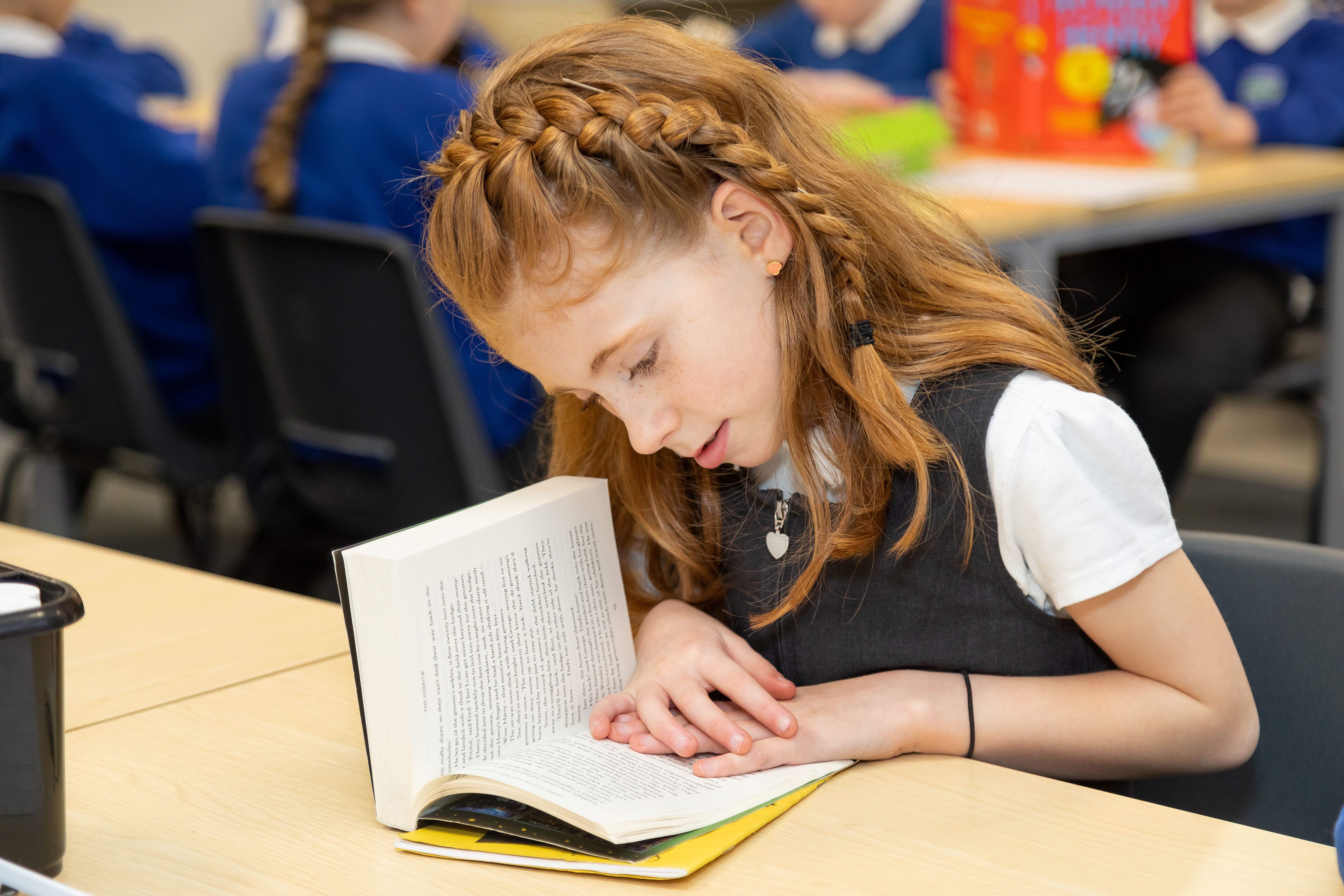
Teaching high quality phonics lessons is a priority at Manor Farm Academy. We ensure that daily, systematic, discrete phonics teaching is delivered consistently across our academy. At Manor Farm Academy, we teach phonics through the systematic, synthetic phonics programme, ‘Read Write Inc’.
We ensure that children make a strong start in Reception and the children are taught a daily phonics lesson right from the start of their time in school which follows the progression for Read Write Inc. Children will be taught the ‘set 1’ sounds initially. These are accompanied by a handwriting rhyme which help them form the letters to write them accurately.
For more information regarding Read Write Inc. and how parents/carers can help to support phonics learning at home, please click on the link here.

In order to ensure that the pupils of Manor Farm Academy leave as confident fluent readers, we have implemented a robust reading pathway that each pupil will follow. Within each step of the pathway, diagnostic tools are used to identify gaps in pupils’ understanding and teaching is adapted in order to meet the needs of these pupils.
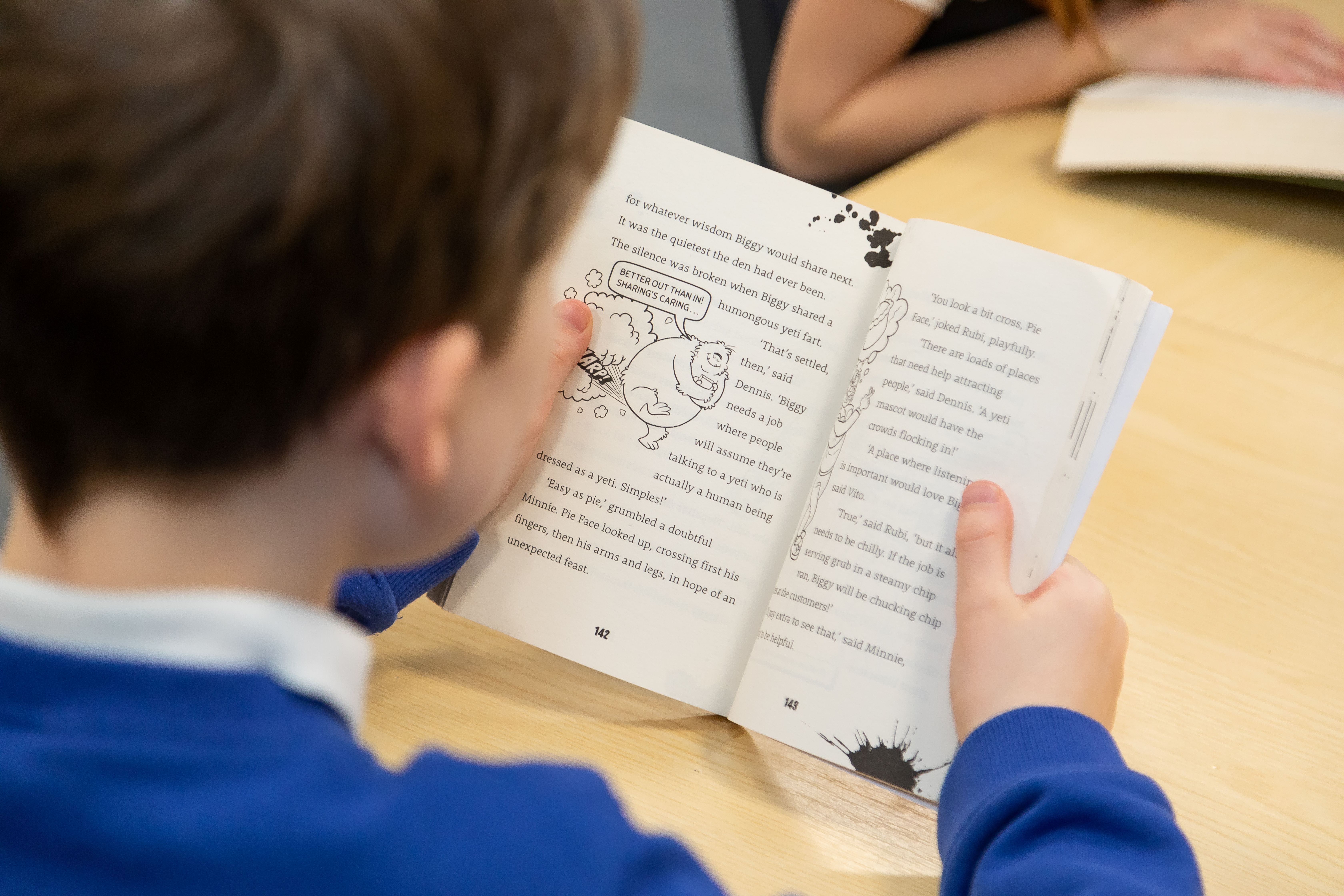
While pupils are accessing the RWI phonics programme, they will be taught writing during Phonics lessons. Additionally are given independent opportunities to apply the skills they have learned. From Y2, pupils access English lessons where they continue to be taught skills from the National Curriculum. Independent writing is assessed, using our academy assessment grids, each half term as a minimum.
The writing framework has been designed to ensure pupils have the opportunity to write for a range of audiences and purposes as well as using a range of stimulus to drive and inspire writing. Writing lessons provide opportunities for pupils to write clearly, accurately and coherently, adapting their language and style in and for a range of contexts, purposes and audiences.

At Manor Farm Academy, we believe that the teaching of science is a cornerstone of the curriculum in that it nurtures the natural curiosity of pupils. Our science curriculum aims to cultivate a progressive, fun and engaging route into science with scientific enquiry at the heart of learning. Through logical sequencing, our pupils work scientifically throughout the school to engage with stimulating questions. We strive to develop curious and ambitious pupils ready to explore and enter the world of science around them.
The curriculum equips pupils with essential skills to work scientifically and conduct various types of scientific enquiries, including classification, pattern seeking, observation over time, fair and comparative testing, and research. It builds upon the previous year’s knowledge and skills while imparting important vocabulary through scientific enquiry, teacher-led discussions, and class interactions. Pupils are encouraged to make predictions, ask questions, analyse findings, and draw conclusions about the subject matter. The curriculum not only celebrates and questions scientific knowledge from both the past and present but also explores the contributions of scientists who have significantly impacted our lives and environment at local and national levels. Ultimately, it engages children with the fascinating world of science, fostering curiosity and exploration.
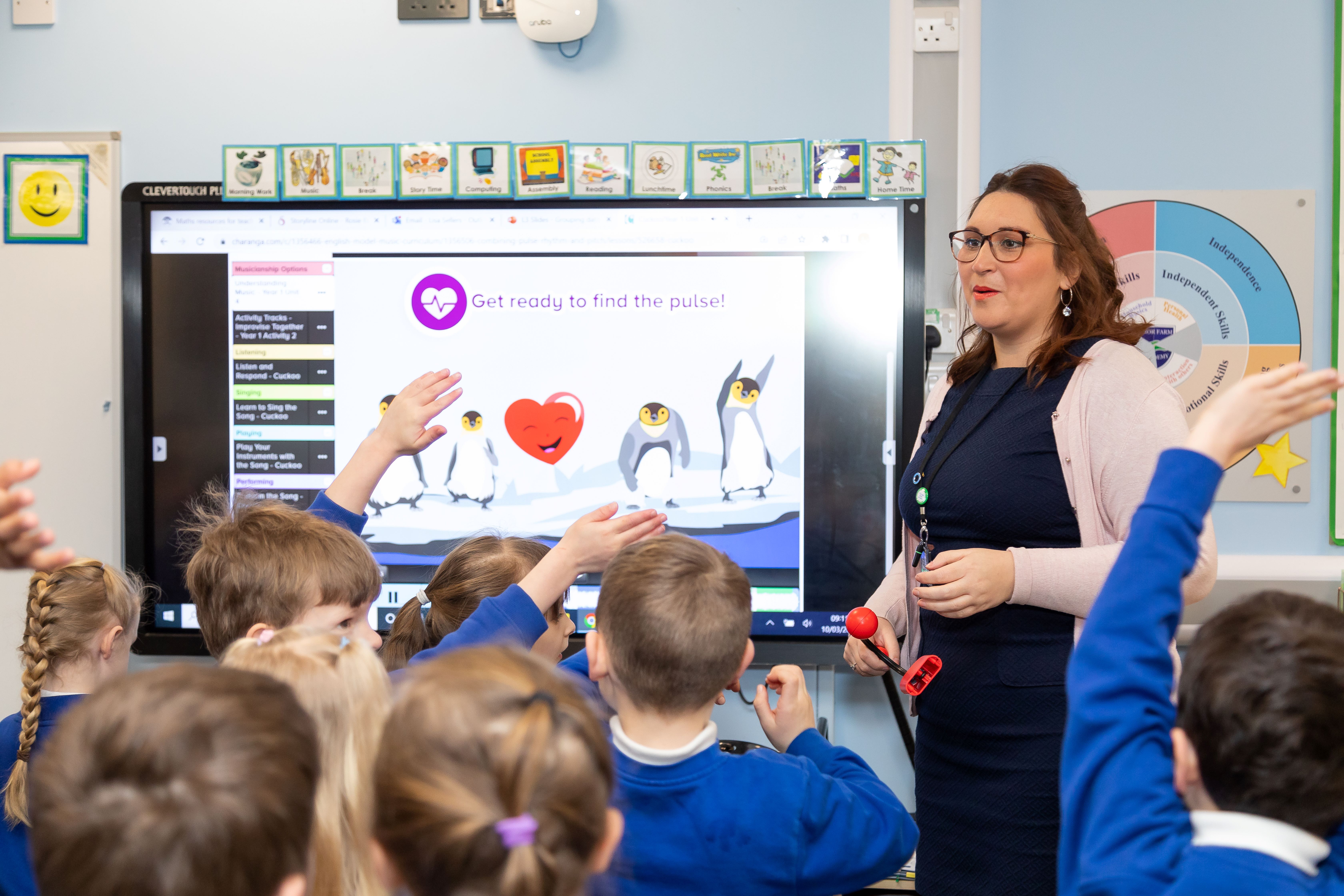
At Manor Farm Academy, we recognise that the teaching of Computing is essential for our pupils to navigate and thrive in the 21st Century. Our curriculum emphasises independence, creativity, exploration, and connectivity. We teach our pupils in utilising various platforms that enhance their ability to connect with others, express their creativity, and present their learning formally. Our Computing curriculum has been thoughtfully designed to reflect contemporary practices and the evolving demands of the modern world.
We aim to equip our pupils with the foundational knowledge and skills necessary for everyday computing tasks, ultimately preparing them for the modern and ever changing digital world. Throughout their computing lessons, pupils will develop a diverse set of skills, including keyboard usage, operation of cameras and filming equipment, debugging and reprogramming applications, and creating their own games. At Manor Farm Academy, we are committed to delivering a dynamic and engaging Computing curriculum that challenges and inspires children. Our curriculum, which is continually updated, celebrates all aspects of computing, incorporating tools such as cameras, iPads, programmable toys, filming equipment, computers, and laptops. This approach fosters individual creativity, allowing students to express themselves in their work while promoting independence and building upon their skills and knowledge from previous lessons, ensuring they are well-prepared for the modern world.
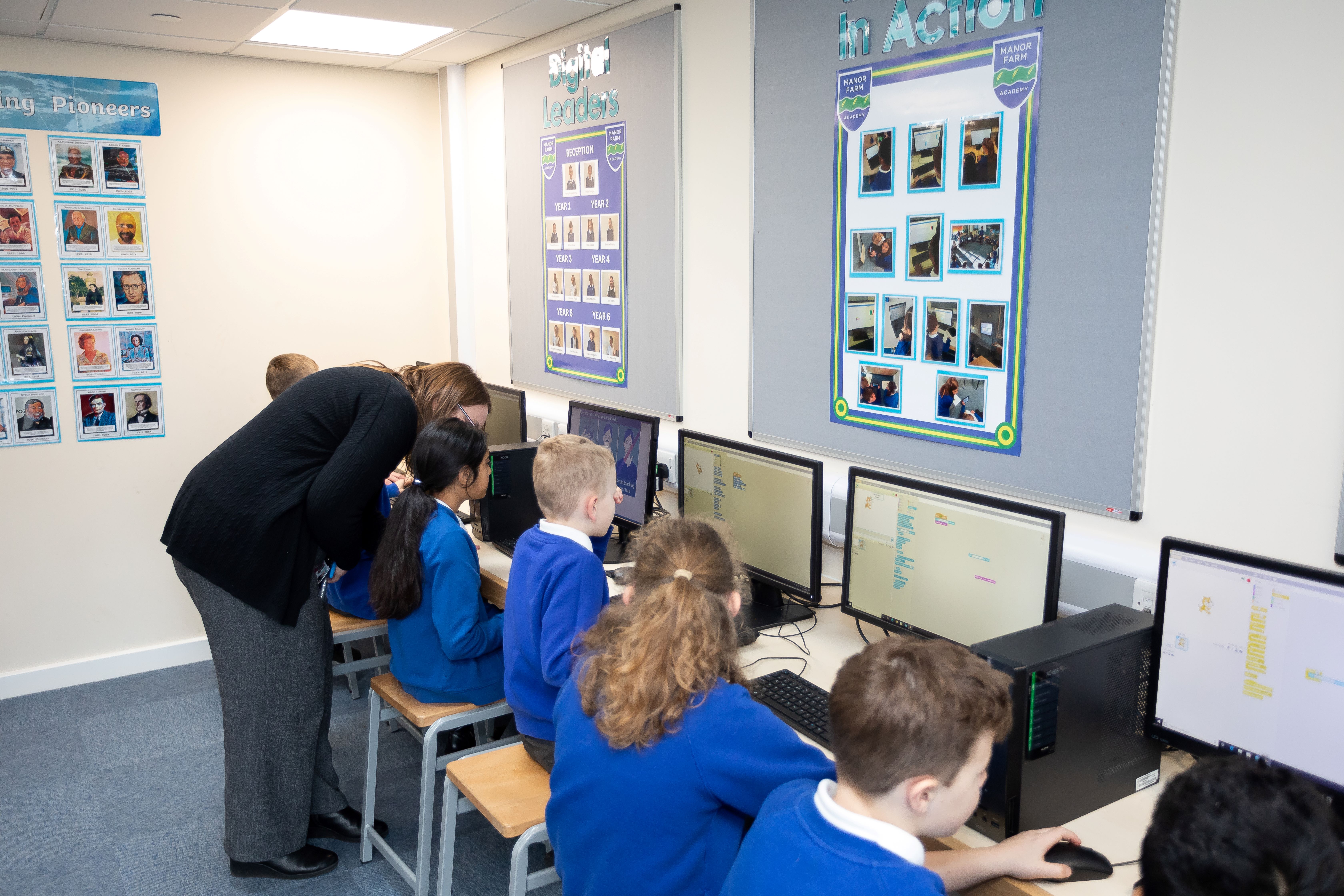
Through RE, the children will be able to:
At Manor Farm Academy, we recognise that the teaching of Religious Education plays a vital role in enabling students to understand diverse beliefs and draw connections to their own Spiritual, Moral, Social, and Cultural values. Our RE curriculum is thoughtfully designed and structured to ensure that students are challenged and engaged, allowing them to participate in balanced and informed discussions about religion and beliefs. We are committed to fostering inquisitiveness by encouraging students to ask thought-provoking questions about the world around them while promoting respect and sensitivity towards individuals whose faiths and beliefs may differ from their own.
Our curriculum is designed to celebrate the rich diversity of students at Manor Farm Academy, emphasising their local community while also embracing a broader cultural perspective. It values the heritage of Lincoln, encouraging students to appreciate local landmarks and places of worship, such as Lincoln Cathedral, various church denominations, and the Lincoln Central Mosque. By fostering curiosity about diverse beliefs, our curriculum supports students in developing inquiry-based skills in Religious Education, thereby enhancing their cultural awareness and understanding. We are dedicated to creating a safe and respectful environment where children learn to appreciate the various ways people live and the beliefs that influence those lifestyles. Building on prior knowledge, our curriculum ensures that students will know more, remember more, and understand more as they progress.

At Manor Farm Academy, we believe that the teaching of Physical Education (PE) is a valuable part of the curriculum and drives pupils’ success across both their academic and personal lives. Our engaging PE curriculum promotes healthy, active living, providing pupils with the opportunity to develop a wide range of physical, social and mental skills.
Alongside this, pupils will engage in sport specific skills, allowing them to communicate, collaborate and compete with each other. We strive to ensure pupils are given the freedom to express themselves, be creative and develop teamwork skills, which they can carry on in later life. PE will be used to stimulate interest, enjoyment and confidence in physical activity.
Finally, the teaching of PE sets a strong foundation for children to lead healthy, balanced lives, both physically and mentally, prolonging their activity levels.
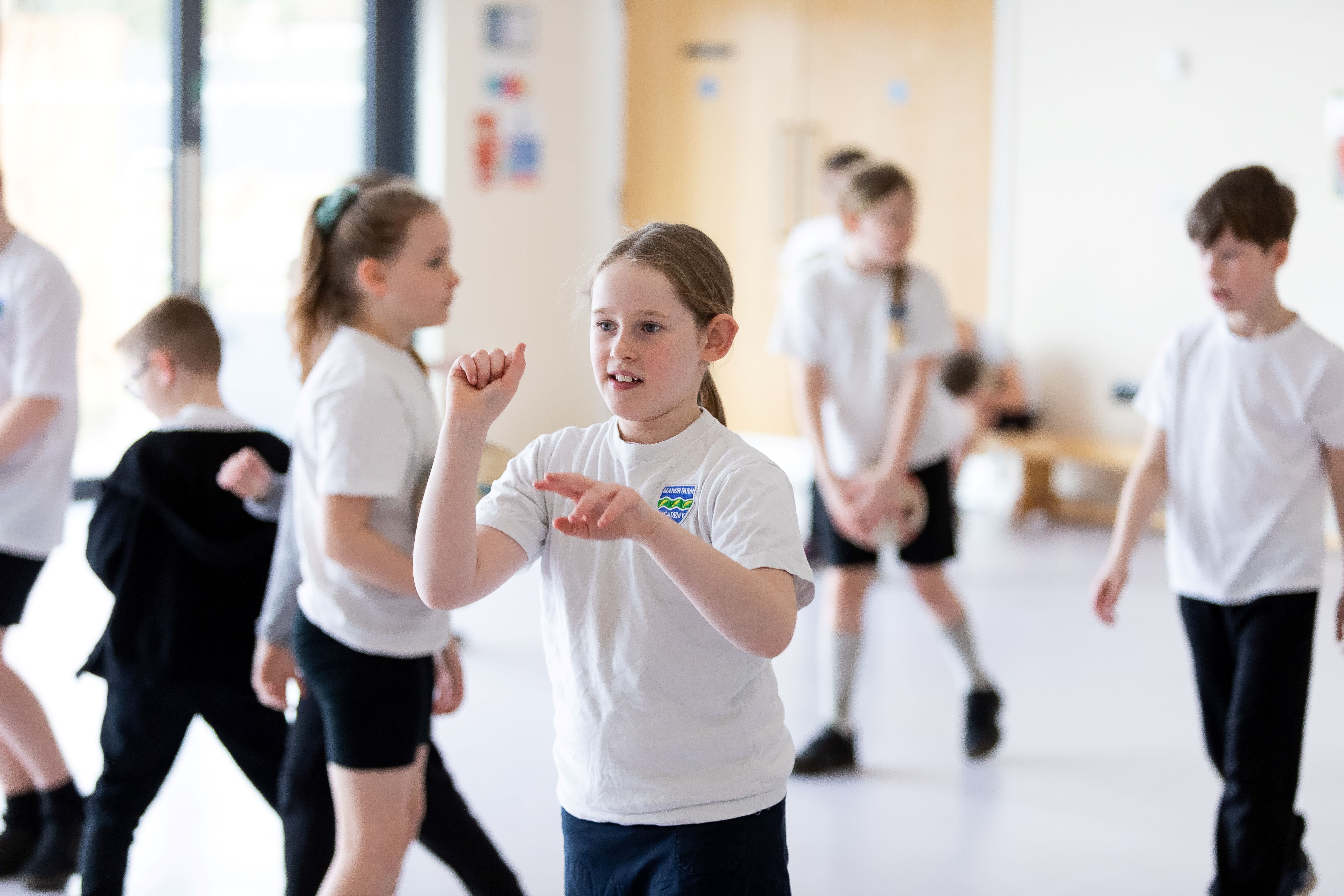
Personal, Social, Health and Economic Education (PSHE) helps to give our pupils the knowledge skills and understanding they need to become healthy independent members of society and prepares them for opportunities, responsibilities and experiences of adult life. We encourage our pupils to play a positive role in contributing to the life of the school and the wider community in so doing we develop their sense of self worth. We teach them how society is organised and governed. We ensure that they experience democracy, and that they develop an understanding of traditional British values, including the rule of law. We teach them about rights and responsibilities. They learn to appreciate what it means to be a positive member of a diverse multicultural society.
The knowledge, skills and understanding will be taught in 4 interrelated sections:

At Manor Farm Academy, we believe that History plays a vital role in helping our pupils to understand the World that they live in. Lincoln’s and Lincolnshire’s own rich history is a celebrated, motivational and an inspiring feature of our History curriculum. We draw from and make full use of the immediate and wider local area, enabling children to develop a deep understanding of the rich history of their locality, which is built systematically and progressively.
Our History curriculum is the driving force for the themes studied within each year group. These are informed by the national curriculum and are sensitive to children’s interests, as well as the context of the local area. The History curriculum at Manor Farm Academy is carefully planned and structured to ensure that current learning is linked to previous learning and that the school’s approaches are largely practical and experiential. Pupils make visits, work alongside visiting experts and have access to historical artefacts which bring learning to life. The corridor Time Line is an integral feature of chronological understanding for all pupils.
We strive to help our pupils to gain a coherent knowledge and understanding of Britain’s past and that of the wider world, which helps to stimulate pupils’ curiosity to know more about the past and to learn from it. We encourage pupils to ask perceptive questions, think critically, weigh up evidence, sift arguments, and develop perspective and judgement. At Manor Farm Academy History helps pupils to understand the complexity of people’s lives, the process of change, the diversity of societies and relationships between different groups. We compare, discuss and debate the historical evidence that we use. History helps pupils to understand the World around them and their own identity. It builds cultural capital.

At Manor Farm Academy, our mission is to foster curiosity and appreciation for the world by educating students about diverse locations and communities. Our geography curriculum encourages them to describe, question, and engage in discussions about their place in the world, starting locally and expanding globally.
Our Geography curriculum provides an ambitious and inclusive curriculum, systematically organized to equip all students with essential knowledge and skills for the 21st century. It emphasizes geographical knowledge, skills, and concepts, maintaining high academic standards as students explore key questions from a foundation.
Our curriculum promotes knowledge and skills applicable across subjects, contributing to students’ spiritual, moral, social, and cultural development. As an investigative discipline, geography deepens understanding of natural and human environments while igniting a lifelong curiosity about the world.

At Manor Farm Academy, we recognise that education in the Arts is fundamental to fostering curiosity and creative development and enhancing Cultural Capital. Consequently, we are committed to offering a diverse array of learning experiences that enable pupils to systematically build their skills through our Art learning. Our aim is to create an environment where pupils can develop and explore specific artistic skills, knowledge, and the works of various artists and make individual links to artists’ work.
Throughout their time at Manor Farm Academy, pupils will have the opportunity to regularly investigate and experiment with a variety of materials. We strive to ensure that pupils feel secure, valued, and confident to face challenges. We aim to make learning a pleasurable and rewarding experience, encouraging pupils to take risks and try new things. Our goal is for pupils to be interested, motivated, and positive, developing curiosity about the world around them and beyond. We encourage perseverance, independence, and resilience, fostering self-motivation towards their own learning. At Manor Farm Academy we deliver a curriculum that is taught with ambition, meeting or exceeding National Curriculum expectations. Drawing will be at the center of all learning, promoting and developing children’s diverse abilities and skills whilst making links with artists. We understand that outcomes will vary for each pupil, recognising that Art is a very personal and individual response. Our curriculum will provide a stimulating and positive learning environment where children’s artwork is celebrated.
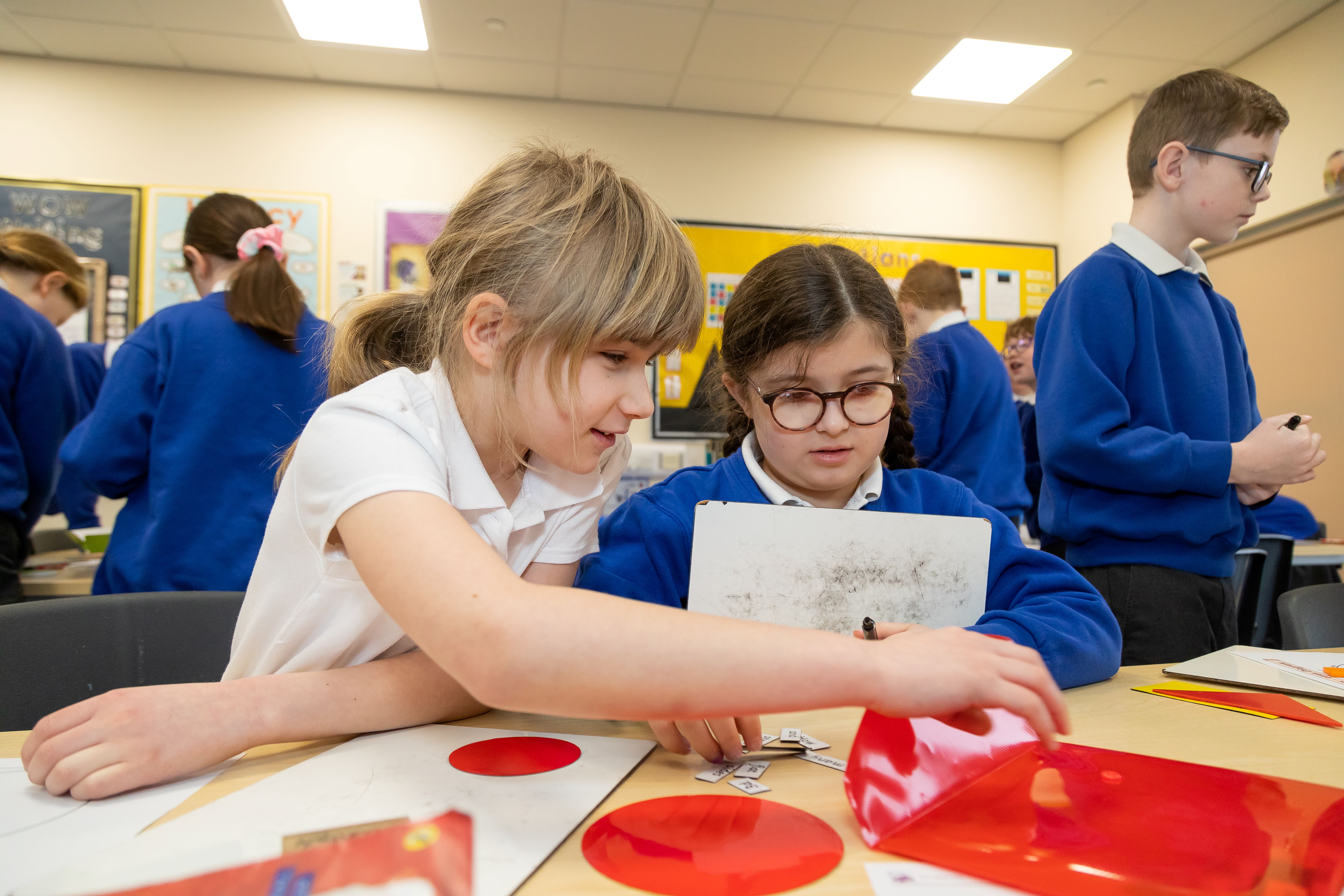
At Manor Farm Academy, we are committed to equipping our students with essential problem-solving skills necessary for thriving in an ever-evolving technological landscape. Our Design and Technology curriculum is meticulously structured to promote the progressive development of knowledge and skills while nurturing each student’s creative potential, enabling them to design, create, and assess innovative products. Our goal is to inspire, motivate, and engage students in a dynamic problem-solving approach to Design and Technology. This initiative fosters creativity, critical evaluation, and resilience; attributes that are vital for success in their future endeavours beyond the academic environment.
We are committed to delivering a curriculum that recognizes and celebrates the accomplishments achieved through Design and Technology, both within the classroom and beyond. Our approach encourages students to draw upon their prior knowledge when engaging in problem-based tasks. We focus on fostering creative, technical, and imaginative thinking in our children. Moreover, we promote the development of their technical understanding and facilitate discussions about how various mechanisms operate. Our goal is to inspire enjoyment, fulfilment, and a sense of purpose in the process of designing and creating functional items.
By building on existing knowledge and skills, we ensure that students are equipped to know more, retain more, and comprehend more. We guide children in the selection of suitable tools and techniques for product creation while adhering to established safety procedures. In Key Stage 2, we aim to expand students’ understanding of the historical context, practical applications, and the significant impact of design and technology in our rapidly evolving world.
Additionally, we are dedicated to ensuring that children acquire the culinary skills necessary for their post-school lives.
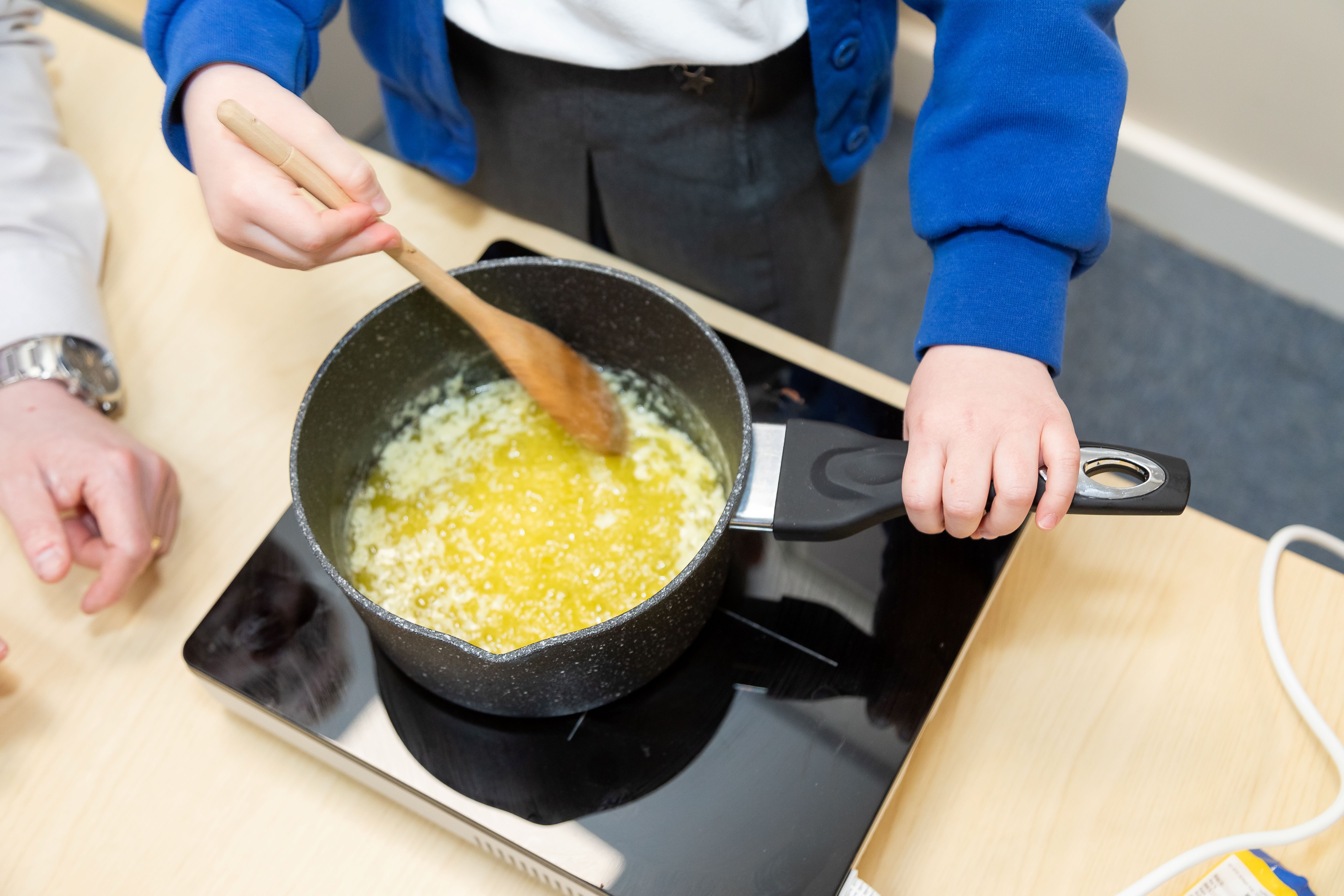
At Manor Farm Academy, we are committed to ensuring that every pupil has the opportunity to cultivate a passion for music. Our music curriculum is thoughtfully structured to offer students the necessary repeated practice to attain proficiency, while systematically enhancing their understanding of the interconnected dimensions of music. This approach promotes a deeper mastery of musical skills. We strive to foster an appreciation for music across diverse genres, historical periods, and cultures, and we actively integrate music with other academic subjects.
Our curriculum is designed to cultivate a passion for music and enhance students’ skills through a variety of opportunities. We honour music from different cultures, historical periods, and genres, fostering an environment of respect for diverse musical tastes among students. Furthermore, we emphasize the use of musical instruments and prioritize experiential learning, ensuring that every child can engage meaningfully with music and explore their creative potential.
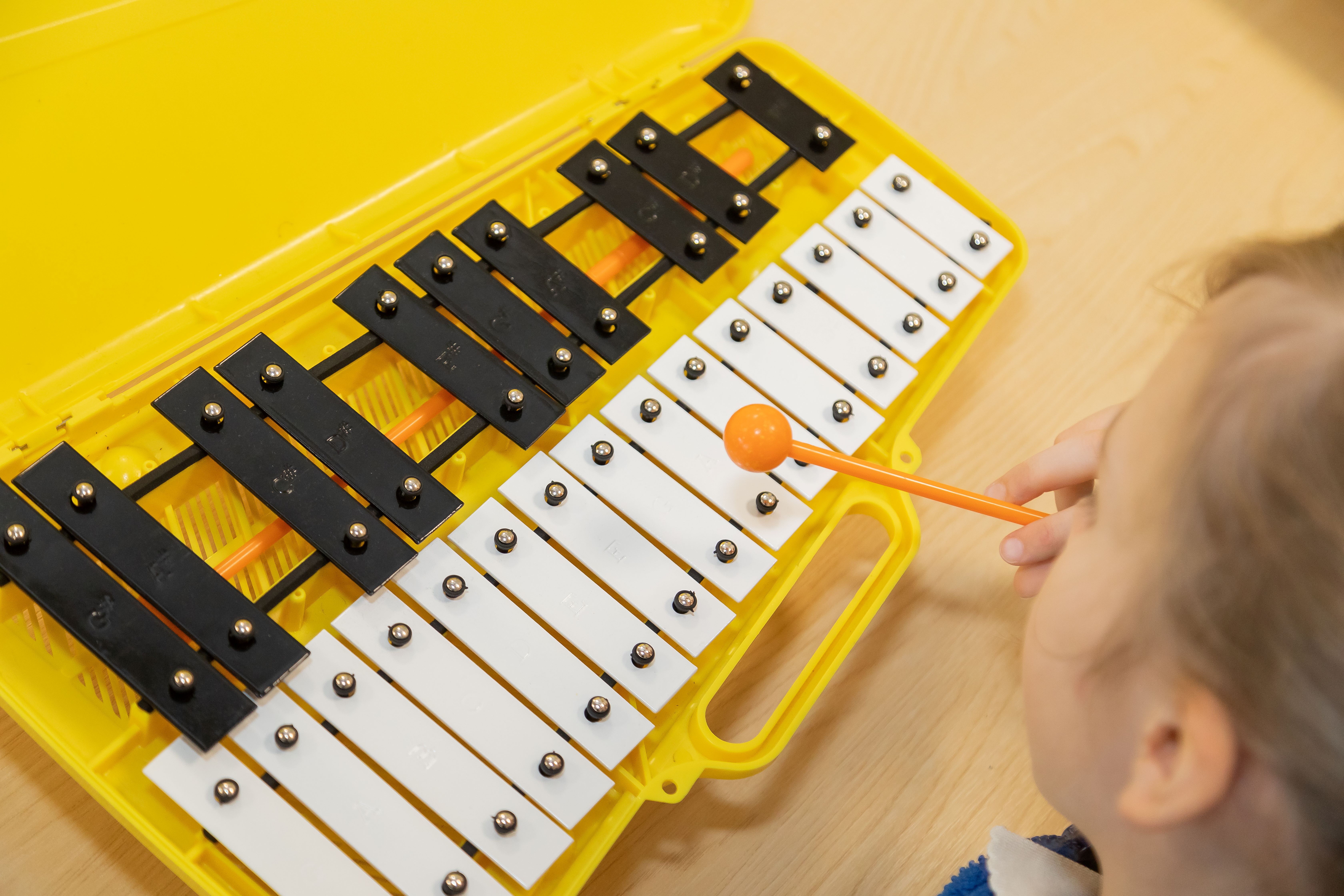
At Manor Farm Academy, we believe that pupils should have the opportunity to develop their confidence and competence when speaking French. We aim to provide our learners with a passion, curiosity and confidence when learning a foreign language.
French, in particular, is a widely spoken language in many countries, offering our pupils insights into diverse cultures and supporting them in their ability to communicate with people from different walks of life. We aim to ensure that pupils develop solid foundations in speaking, listening, reading and writing in French.

A culture of safeguarding is embedded at Manor Farm Academy. We pride ourselves in knowing our students and the needs of both the individuals within our community and the needs of the wider community itself.
Keeping Children Safe in Education (KCSIE) outlines that: “Governing bodies and proprietors should ensure that children are taught about safeguarding, including online safety. Schools should consider this as part of providing a broad and balanced curriculum. This may include covering relevant issues through Relationships Education and Relationships and Sex Education (formerly known as Sex and Relationship Education), tutorials (in colleges) and/or where delivered, through Personal, Social, Health and Economic (PSHE) education.”